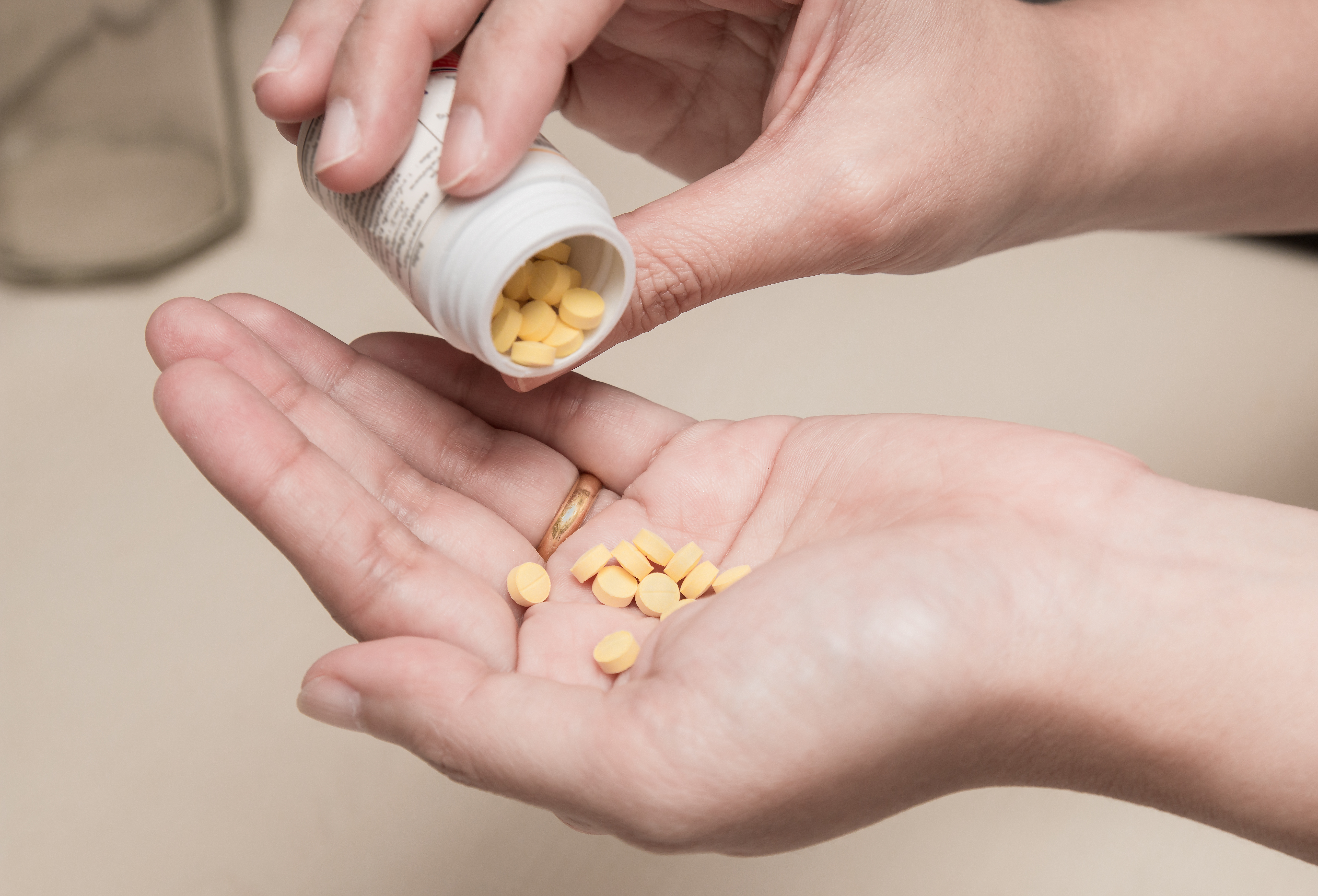
Hyperuricemia is believed to be a modifiable risk factor for chronic kidney disease (CKD) progression. Thus, it is thought that urate-lowering therapy (ULT) could delay CKD progression.
To test this hypothesis, Byeongzu Ghang, MD, PhD, and colleagues examined changes in kidney function and the association of kidney function with serum uric acid (sUA) levels in patients with gout receiving ULT. Their findings were published in Kidney International.
The researchers performed a post-hoc analysis of patients in the CARES trial who underwent ULT with either febuxostat or allopurinol for more than six months. They calculated the estimated glomerular filtration rate (eGFR) slope (defined as the annual rate of change in eGFR) by using the CKD Epidemiology Collaboration (CKD-EPI) creatinine equation and linear mixed modeling.
The cohort comprised 5,002 patients, 3,264 (65.3%) of whom had a higher eGFR when receiving ULT over a median follow-up period of 2.5 years. An increase in average sUA was significantly associated with a decline in eGFR slope (per 1 mg/dL increase, adjusted beta of -0.1912).
In addition, propensity score matching revealed a significant association between low average sUA levels below 6 mg/dL during ULT and a reduced risk of eGFR decline (adjusted odds ratio, 0.66; 95% CI, 0.57-0.77).
In summary, more than half of CARES trial participants did not have a decline in eGFR while receiving ULT despite the natural decline of eGFR over time in the general population. “Thus,” the researchers wrote, “our study shows maintaining low sUA levels with ULT was significantly associated with a decreased risk of CKD progression in patients with gout.”
Source: Kidney International.







 © 2025 Mashup Media, LLC, a Formedics Property. All Rights Reserved.
© 2025 Mashup Media, LLC, a Formedics Property. All Rights Reserved.